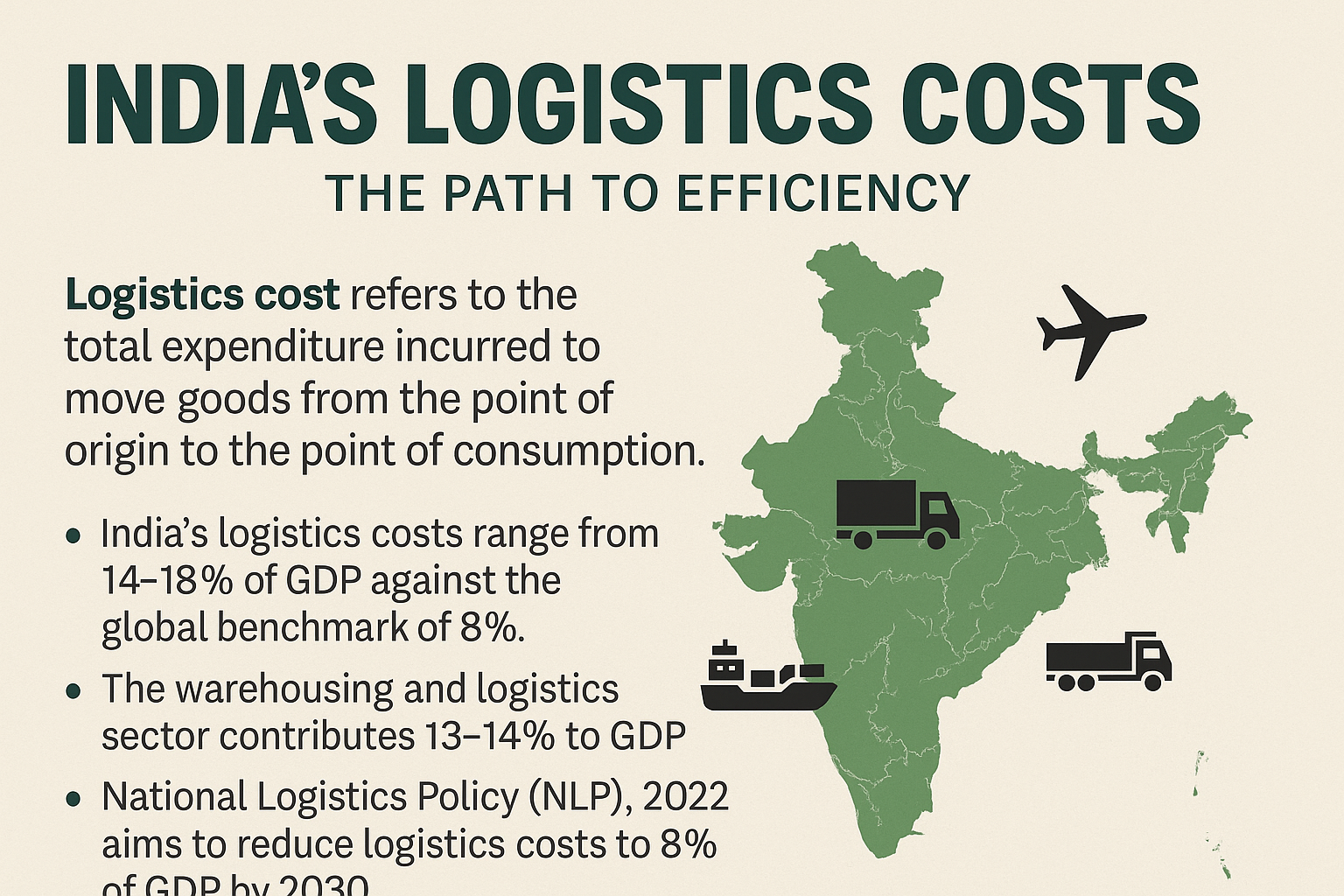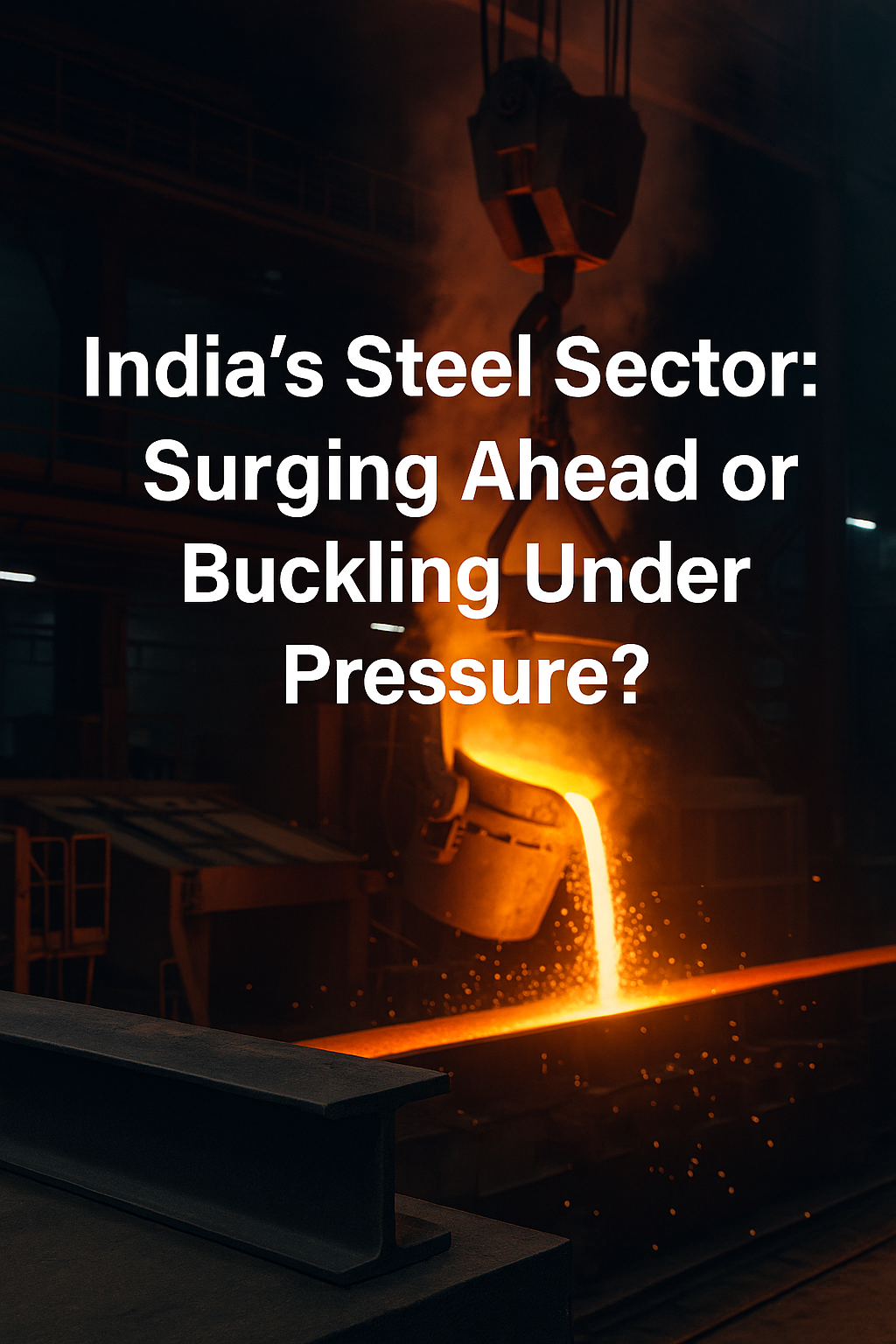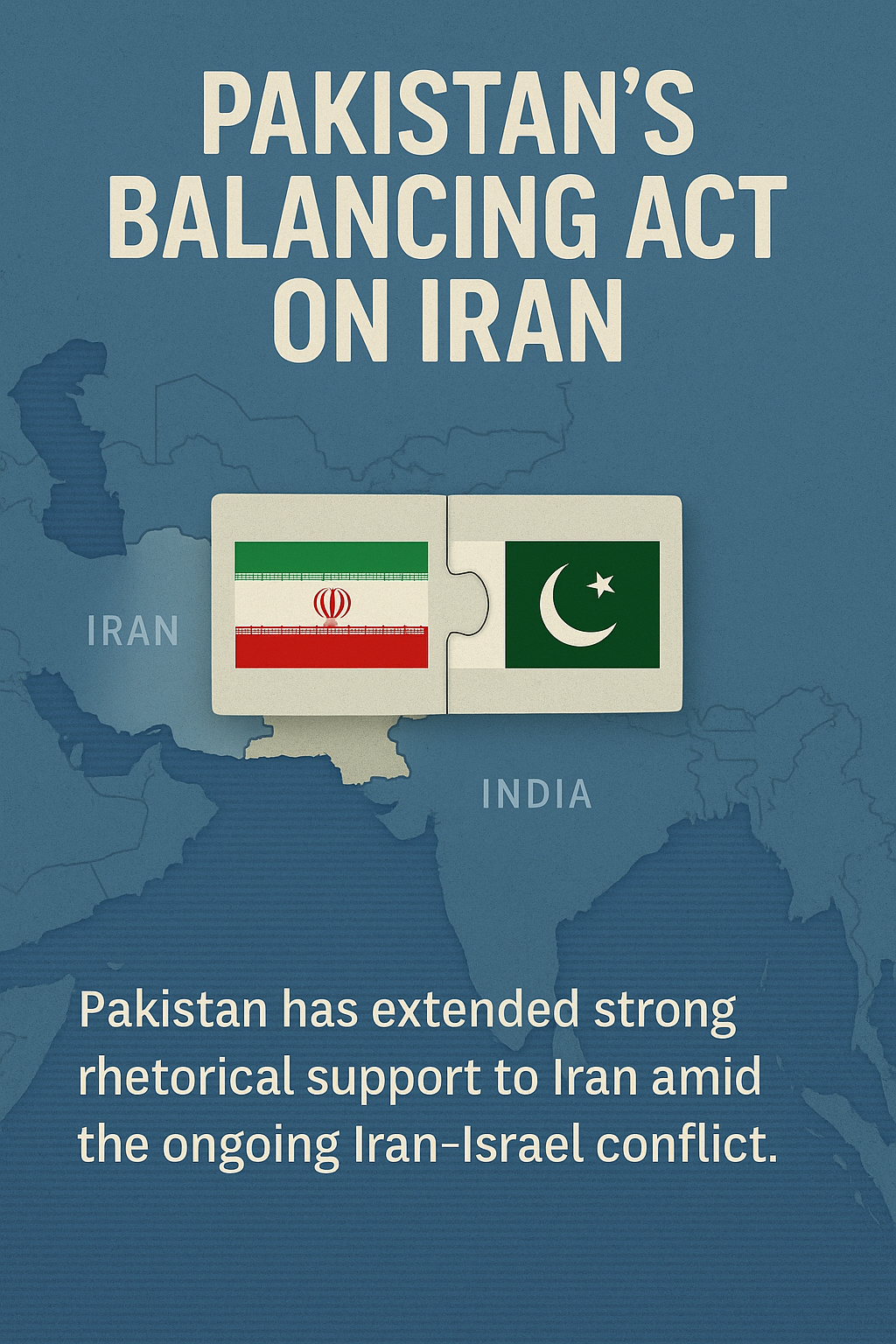122.
🧪
Environment • Chemical Regulation • EU Policy • Health Safety • PFAS Ban
Europe Targets “Forever Chemicals” with Upcoming PFAS Ban
The European Commission is preparing a landmark regulation to ban PFAS—a group of persistent, human-made chemicals commonly known as “forever chemicals”—from consumer products. Driven by serious health and environmental risks, this move marks a decisive shift toward safer and more sustainable materials.
🔍 What Are PFAS?
- PFAS stands for Perfluoroalkyl and Polyfluoroalkyl Substances.
- Used for their resistance to water, heat, and oil, they are found in:
- Non-stick cookware (like Teflon)
- Waterproof and stain-resistant fabrics
- Firefighting foams
- Industrial components
- Their chemical stability makes them nearly impossible to break down, leading to accumulation in nature and the human body.
🏥 Health & Environmental Hazards
- PFAS can contaminate drinking water, soil, and food chains.
- Long-term exposure has been linked to:
- Liver damage
- Low birth weight
- Hormonal disruption
- Immune system suppression
- Cancers
These risks are pushing global regulators to act swiftly.
⚖️ EU Proposal & Exemptions
- The proposed EU regulation will ban PFAS in consumer goods, such as clothing, cosmetics, cookware, and packaging.
- However, some industrial uses may be temporarily exempt, including:
- Asthma inhalers
- EV battery components
- High-tech electronics
- These exemptions are under review with strict disposal and usage conditions to minimise environmental harm.
🏭 Industry Pushback & Debate
- Sectors including automotive, clean energy, and plastics argue that:
- Immediate bans may disrupt production
- Alternatives may not yet be available at scale
- The European Chemicals Agency (ECHA) received thousands of responses during the public consultation period.
⚖️ Legal Risks on the Rise
- PFAS contamination has led to massive litigation worldwide:
- In the U.S., companies like 3M and DuPont paid over $11 billion in water contamination settlements.
- European firms may face similar lawsuits as public awareness grows.
🌍 Global Support for the Ban
- EU nations including Denmark, Germany, Sweden, and Norway support a wide-reaching ban.
- This move aligns with international climate and sustainability goals and reinforces Europe’s leadership in chemical safety regulation.
🔮 What’s Next?
- Final decisions on the ban are expected in late 2025 or 2026.
- Discussions will focus on:
- Defining essential vs. non-essential uses
- Setting realistic timelines for phase-out
- Encouraging innovation for safer alternatives
Europe’s action on PFAS signals a broader global awakening—a realisation that chemical convenience must not come at the cost of health and ecosystems. The ban marks a crucial step in the journey toward a cleaner, safer planet.















